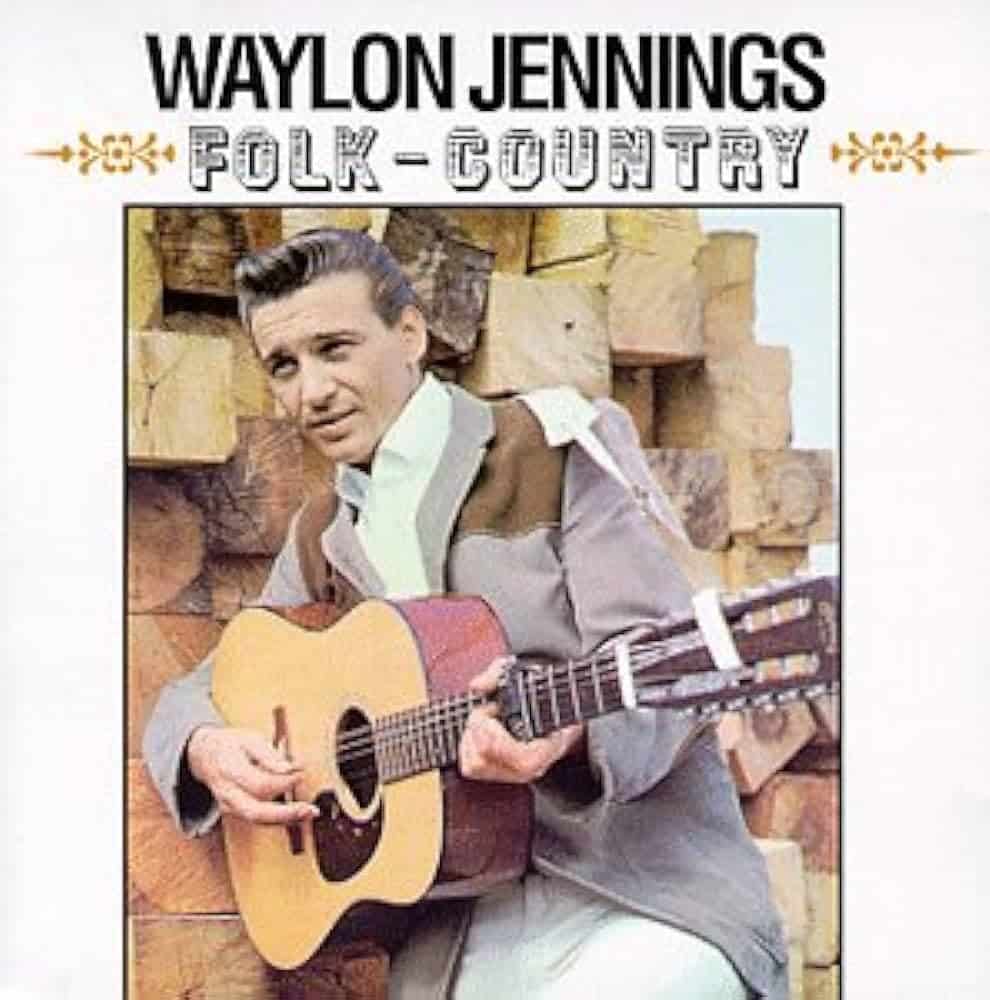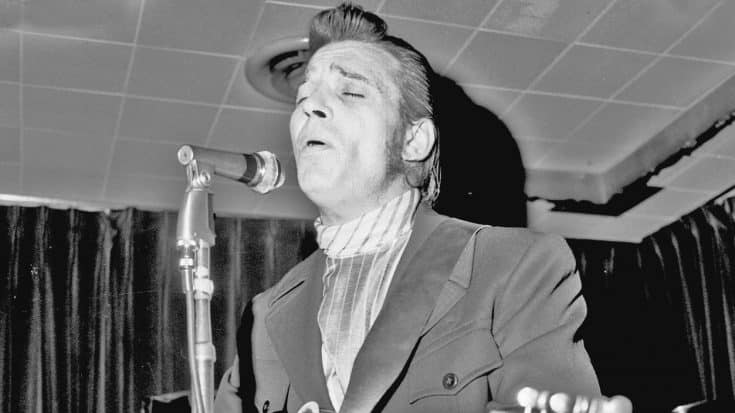The History Behind “Man Of Constant Sorrow”
Waylon Jennings recorded the song we now know as “Man of Constant Sorrow” in 1966. But the song’s history dates back decades further.
In 1913, a blind fiddle player named Dick Burnett published a folk tune he titled “Farewell Song.” He had no clue how many times the song’s name would change or how many people would record it in the future.
Over 100 years later, we now know Burnett’s “Farewell Song” as “Man of Constant Sorrow.” The song was first recorded by Emry Arthur in 1928. Dozens of covers followed.
The Stanley Brothers popularized the song in the 1950s. This led to a flood of covers in the subsequent decade. Everyone from Bob Dylan to Judy Collins recorded the song during that time.
“Man of Constant Sorrow” experienced its biggest surge in popularity after it being featured on the soundtrack for the 2000 film O Brother, Where Art Thou? With lead vocals performed by Dan Tyminski, the song later won the 2002 Grammy Award for Best Country Collaboration.
Have You Ever Heard Waylon’s Version Before?
Due to the popularity of the O Brother, Where Art Thou? recording, many people don’t know other versions of the song. One version that flew under the radar came from Waylon Jennings in 1966.
Jennings featured his version of “Man Of Constant Sorrow” on his major-label debut album Folk-Country. The album reached the ninth spot on the chart, and produced the Top 20 single “Stop the World (And Let Me Off).”

Jennings’ rendition is nothing like the O Brother, Where Art Thou? version. In fact, it’s so different you may wonder if you’re listening to the same song!
Jennings’ recording fully embraces the “sorrow” part of the song. With a quivering sound to his voice, Jennings gave it a more mournful feeling than you’re familiar with hearing.
Tune in below to listen to Jennings’ version of “Man of Constant Sorrow.” It’s quite different, isn’t it?

